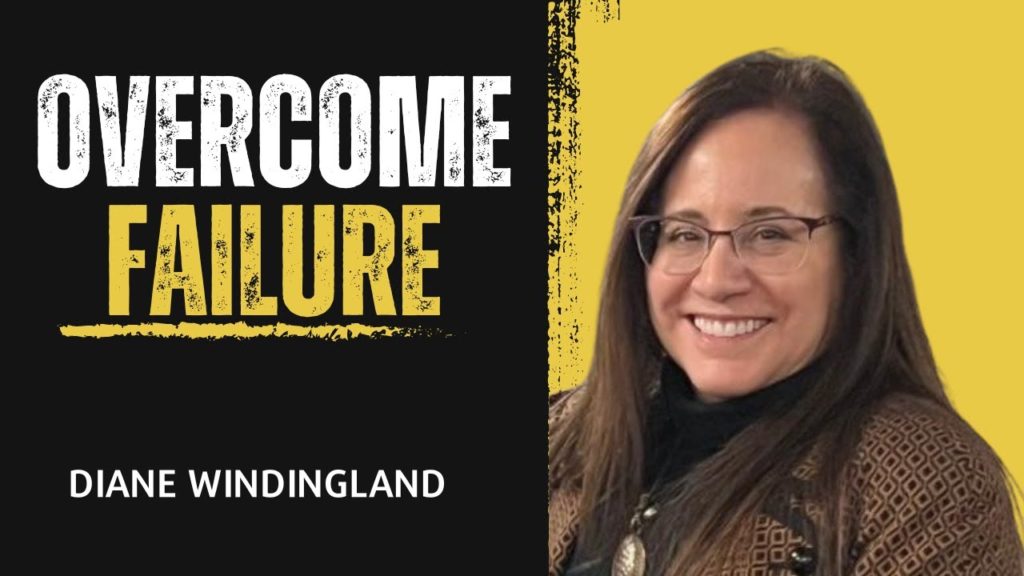Failure. Just the word itself can send shivers down our spines. But failure isn’t the end of the road. If you have a failure recovery strategy, you can bounce back stronger, wiser, and more determined than ever!
I’ve failed in business, in relationships, and most recently in a Toastmasters speech contest. That might seem like a small fail, and well, it is! I didn’t lose any money. I didn’t lose any friends. And nobody died. Plus, it gave me another chance to exercise my failure recovery strategy.
If you have a failure recovery strategy, you can find that silver lining in the dark cloud of failure.
Step 1: Embrace the Failure. It’s time to face the music and acknowledge that things didn’t go as planned. But guess what? That’s okay! Failure doesn’t define you; it’s just a temporary setback on your path to success.”
Step 2: Celebrate it. Crazy right? I’m serious. Celebrate your effort. The real loser isn’t the one who fails. But the one who fails to try.
Step 3: Reframe it: Reframe failure as an opportunity—it’s a stepping stone to growth and improvement. Most successful people have experienced more failures than successes.
Step 4: Learn from it: learn, learn, learn! Take a deep dive into the depths of your failure. Analyze every nook and cranny, searching for golden nuggets of wisdom. What went wrong? What valuable lessons can you extract from this experience? Remember, knowledge is power!
Step 5: Move on. Moving on means Setting new goals, making new plans and taking action. Dust yourself off and visualize the future you desire. Make new plans, and take action to turn your plans into reality. Remember, progress isn’t always smooth sailing.
Failure is a part of life, but it doesn’t define you. It’s how you respond and bounce back that truly matters.


When I taught a competition line dancing team comprised of teenagers, I told them, as we moved nearer to competition that the mistakes they made were important but the way they recovered was more important. I used that a lot with my daughter during the “growing” years and even sometimes today. In the case of the competition team chances were, if they recovered well, no one would ever know. They went on to win their competition, their first, against several other seasoned teams that were all adult.
Recover well, perform better!